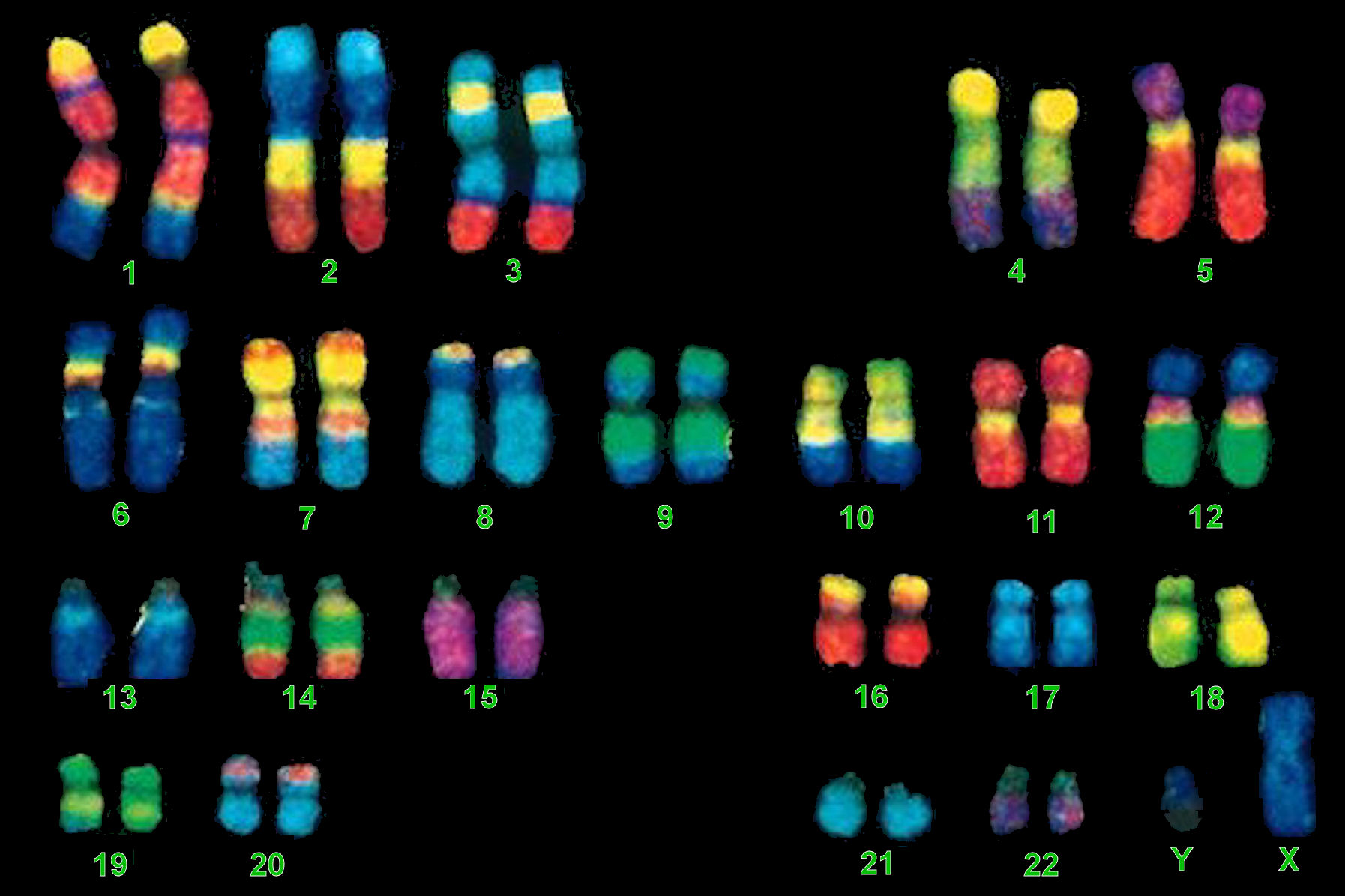Researchers at UPenn have found a definitive link between missing portions of chromosomal DNA and a handful of severe birth defects, including cleft palette, epilepsy, and respiratory difficulties. After a 2010 report about a mother who suffered from epilepsy along with her daughter, and had lost a son to respiratory failure at birth, scientists at UPenn, led by Dr. Jeremy Wang and Dr. Jian Zhou, made a connection between the family's disabilities and an additional observation that both the mother and daughter were missing a large chunk of DNA on their X chromosome. The researchers then crossed a number of mice that showed deletions of DNA in their chromosomes to breed a generation that were missing the same chunks on their X chromosomes. They found that males did not survive birth, and females exhibited the exact same disabilities as the family in the report. To pinpoint which part of the deletion led to the defects, Dr. Wang and Dr. Zhou engineered mice that lacked the first 2/3 of the deletion and mice that lacked the final 1/3. They found that the mice missing the first 2/3 appeared to be healthy, while the mice missing the final third exhibited every defect.
Ultimately, Dr. Wang and Dr. Zhou plan to continue investigating the gene deletions in the hopes that doctors may be able to use this information in prenatal testing to help treat respiratory problems in newborns.
I think the work that Dr. Wang and Dr. Zhou have started is a huge step forward for treating a number of birth defects that affect newborns all over the world. Though the ethics of experimentation on mice can always be called into question, I think the worth of progress on understanding and curing human birth defects if far more valuable. My only question on the article is why the scientists in Italy, who originally reported the family's defects and originally noted the chromosome deletion, never made any sort of connection. Otherwise, this article poses a lot of really interesting future study, and I'm curious to see where other researchers take this knowledge.
Original UPenn article here
More information on how chromosomal deletion work here

No comments:
Post a Comment